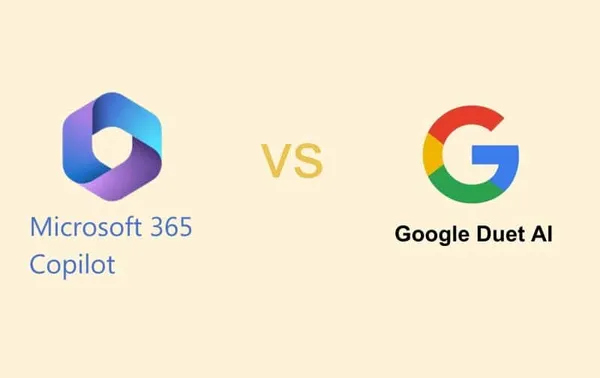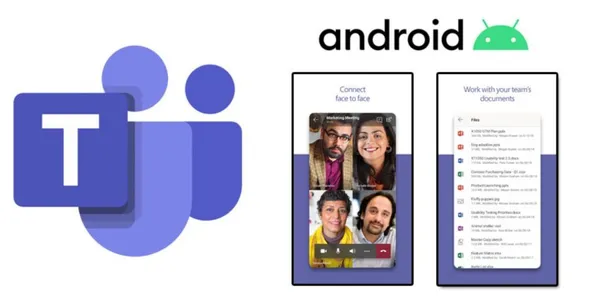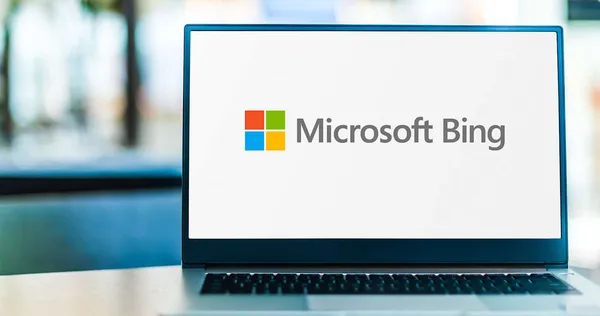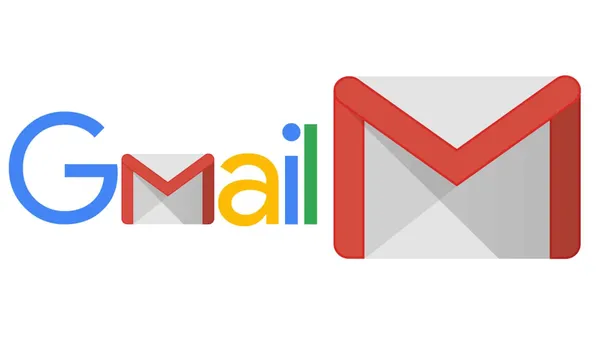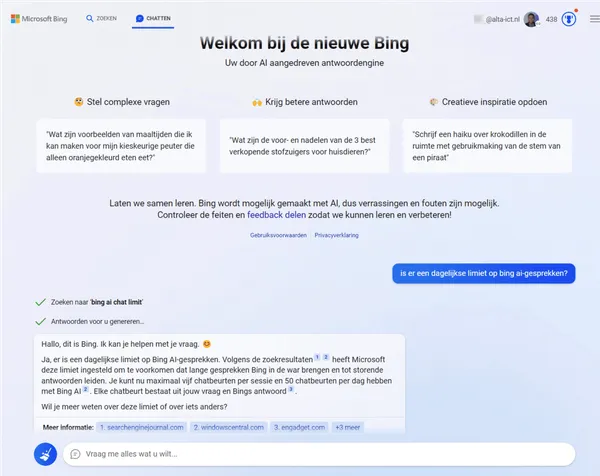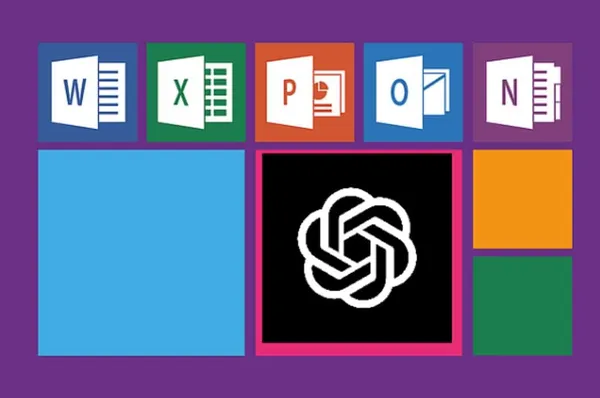
Knowledge base
September 10, 2022
What is the difference between Google Cloud, Microsoft Azure and Amazon Web Services?
This is no surprise that cloud computing is the talk of the town and that every organization, large or small, has come to terms with the fact that they need cloud to ensure success. In fact, the rapid adoption and acceptance of the cloud has proven to be a driving force for most businesses today, allowing for reduced operating costs, improved innovation and increased agility.
We are sure that you have already heard of and done your share of research on Internet – as- a- Service, which is better known as IaaS in the tech world. This model constitutes an external provider responsible for hosting and maintaining all core infrastructure, including but not limited to storage, hardware, servers and software, all on behalf of the customer. With high scalability as one of the key factors, customers benefit by, among other things, only having to pay for what they use.
Whenever there is a big technology in play, there are big players playing the field. In the case of cloud computing, the ball generally falls in one of the following – Google Cloud, Microsoft Azure and Amazon Web Services. These three are names of the largest public cloud vendors and have helped millions of companies deal with and change the way they view data security and sovereignty.
While AWS has long been one of the strongest and fiercely running candidates, Microsoft Azure has come a long way and gained a lot of traction, thanks to CEO Satya Nadella’s “cloud first” leadership and approach.
And of course, how can one forget the Internet giant that is Google and its consistent rise with Google Cloud Platform (GCP).
But is the market really shifting or has it already made a shift? The question is a tricky one and the answer, certainly subjective. So instead of taking a hit on who is better than whom, we’re going to explore further by giving you insight into what the difference is between Google Cloud, Microsoft Azure and Amazon Web Services.
Companies are trying to go the way of the best cloud provider, and where necessary, they do not shy away from diving into multi-cloud environments. With multiple benefits to offer, such as scalability, better availability, reduced CapEx and lower infrastructure maintenance, it sometimes helps to know which is better for a business for the best outcome.
To ensure that you have chosen the very best for your business, it is best to get started with your research to pin you down on the best possible. While the answer to which is best is highly subjective, we can still try to make a comparative list and get things settled.
Google Cloud Platform (GCP)
Google Cloud Platform or GCP offered by Google is an aspect of the overarching Google Cloud. It has been available to the general public since 2010.
As of now, Google Cloud Platform offers more than 100 services to its users in the areas of big data, networking, computing and more. Chrome OS, enterprise Android and Google Workshop are some of GCP’s top services.
Compared to its competitors, Microsoft Azure and Amazon Web Services, Google Cloud Platform can be considered the smallest. Nevertheless, it has some of the most robust cloud services to offer that can power and support any type of application.
With many things to offer, including lower cost, flexible compute options, intuitive interface, and priority copies, Google Cloud Platform is one of the best alternatives one could ask for instead of both Microsoft Azure and Amazon Web Services. Google is also known for its use of full encryption of all communication channels and data, along with traffic between data centers.
Compared to AWS, Google Cloud is strong in terms of traffic and privacy security, machine learning, configurability of payments and instances, and cost efficiency.
Also, Google Cloud Platform would be better for companies starting their journey in cloud services.
Some of the notable customer list includes –
- PayPal
- Toyota
- Nintendo-Nintendo
- Purpose
- Unilever
- Spotify
- Ups
- The Home Depot
Microsoft Azure
The Microsoft Azure platform was designed taking into account several factors, including building, managing and deploying a large number of services and applications through the massive network of Microsoft-managed data centers. While Microsoft Azure’s offerings are too many to list here, they include databases for data management, networking, performance and networking.
With Azure Site Recovery, organizations ranging from small to large can be enabled with the ability to orchestrate site-to-site replicas and recover data to VMs hosted on Azure itself. Redundancy of data storage or Zone Redundant Storage (ZRS) is also offered by Azure and that too in different data center regions.
Azure ExpressRoute facilitates data center connectivity to Azure through a private link. Because the Internet is not used, a higher level of security and privacy is achieved, leading to lower latency and greater reliability.
Another important thing offered by Azure is an extensive network, which it is very good at. This includes supporting multiple site-to-site connections to virtual networks. It also demonstrates its ability to connect virtual networks in parallel in different regions.
But this is not all, Microsoft Azure also exudes the lowest on-demand prices. At this price, it offers more than 200 services and products and is considered one of the fastest growing cloud platforms. As of now, it is second only to Amazon Web Services, but who knows what the future holds?
Azure has always made headlines because it has never been limited to just Windows-based services. In fact, it supports various platforms, technologies and open source languages, allowing anyone and everyone to build and support any application.
Some of the most popular brands using Azure include:
- Mitsubishi Electronics
- McKesson Group
- HSBC
- Renault
- DAIMLER AG
- Asos
- Starbucks
- National Health Service (NHS) – United Kingdom
- Center for Disease Control (CDC) – U.S.
- Pk
Amazon Web Services (AWS)
Amazon is considered a pioneer in the world of cloud computing and was the first to enter the world of cloud services market more than a decade ago. Today it is said to be a leader, both in terms of number of customers, nobility of its customers and the products it has to offer them. Amazon Web Services, better known as AWS, has set a very high standard when it comes to cloud service quality.
Amazon Web Services has a fairly wide range of IaaS or Infrastructure-as-a-service offerings, which can be further separated into database, networking, storage, content delivery and compute.
By using AWS management tools such as Amazon CloudWatch and AWS CloudTrail, the resource utilization of the cloud infrastructure can be easily monitored. This tracks AWS configuration and user activity to help manage changes and resource inventory.
Serverless services such as AWS Lambda, AWS SQS Queues and Amazon Kinesis Streams are enabled by AWS to ensure a smooth and flexible data collection flow. This gives companies the ability to choose the operating system, programming language, database and web application platform, among many others, depending on their requirements.
While Amazon Web Services still has a few drawbacks, such as default service limits and a complex infrastructure, it is still the one that can lead an organization to great heights of success through improved business growth and productivity. Perhaps this is one of the main reasons why organizations of all types and kinds use Amazon Web Services, including governments, large enterprises and individual developers.
Today, Amazon Web Services offers more than 200 full-featured services designed in such a way as to meet every demand the user makes, which are quite good in the millions.
Amazon Web Services has many prominent customers, including –
- Netflix
- Coca Cola
- Airbnb
- Coursera
- Expedia
- Formula 1
- Lyft
- Coinbase
- Intuit
Conclusion
Drawing a conclusion about which one is better and which one is not is a very difficult task, and one that is certainly not objectively ascertainable. Each organization needs to figure out which one is best for them and who they want to continue with, depending on their individual needs and available offerings.
While it is no surprise that Amazon Web Services has some of the most widely used and well-rounded services to offer, Microsoft Azure and Google Cloud Platform are not far behind. In fact, if we are talking about an individual company or a start-up, Google Cloud Platform seems to be the most suitable.
So all we can say is that the future is bright for each, even if their journeys are nothing like each other. The client list of each is quite impressive and depending on the type of business you have, choosing becomes easier. If you are not fully satisfied with just one, you can always opt for multi-cloud environments.
Source: grras
Want to know more?

Related
blogs
Tech Updates: Microsoft 365, Azure, Cybersecurity & AI – Weekly in Your Mailbox.
